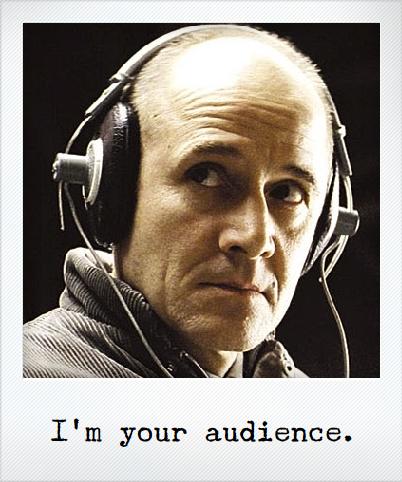
Well, not me, but this guy does. Read what he has to say and make your own mind up.
Here’s a taste:
AS WILLIAM DEAN HOWELLS once told Edith Wharton, “Americans only want tragedies with happy endings.” And not just Americans, it seems, but also Germans along with everyone else on this punch-drunk planet who is able to afford the price of a movie ticket.
Whenever I tell people that I once lived for sixth months in old East Berlin and even wrote a whole book on ideology and propaganda in that troubled society, they almost always tell me how much they adore Florian Henckel von Donnersmarck’s 2006 film The Lives of Others. To them, this movie tells the true story of the East German experience and has redeemed their faith in humanity. “After seeing that movie,” they say, “I really get it!” Hmm, I always reply. How can that be? Because to my mind the young West German director’s debut epos is not just manipulative filmmaking but presents a profoundly flawed history lesson. Is my negative take on this Oscar winner – which made number one on The National Review’s “list of the 25 best conservative movies of the last 25 years” – merely a product of my imagined superior taste in movies or did the totalitarian experience sour me on “humanity” in general? Or is the scholar and history instructor in me rearing his head again? Since it is hard to explain my concerns to its devotees during a brief elevator ride, let alone amid the hubbub of a cocktail party, I think I owe an incredulous world a thorough explanation of why this movie is something other than “one of the cinema’s finest depictions of the softening of the human heart” (Conservapedia) and why thoughtful moviegoers should consider giving it a miss the next time it hits their local art house.
Before doing so I feel obliged to point out that my disdain for The Lives of Others does not in any way extend to fans of the film. On the contrary! Anyone who is willing to sit through two hours of gloomy Central European melodrama with colourless sets and pretentious subtitles has earned my respect. I also suspect that if I did not have such an intimate acquaintance with the realities of the East German regime, there is at least an outside chance that I might also think it was “the best movie I ever saw” (William F. Buckley). But I think nothing of the kind – and here’s why…
Keep reading here.






